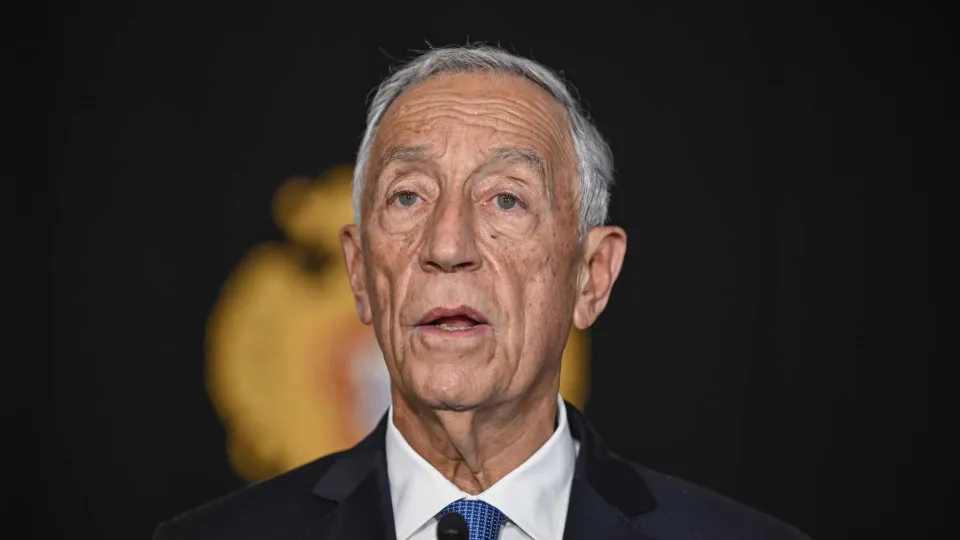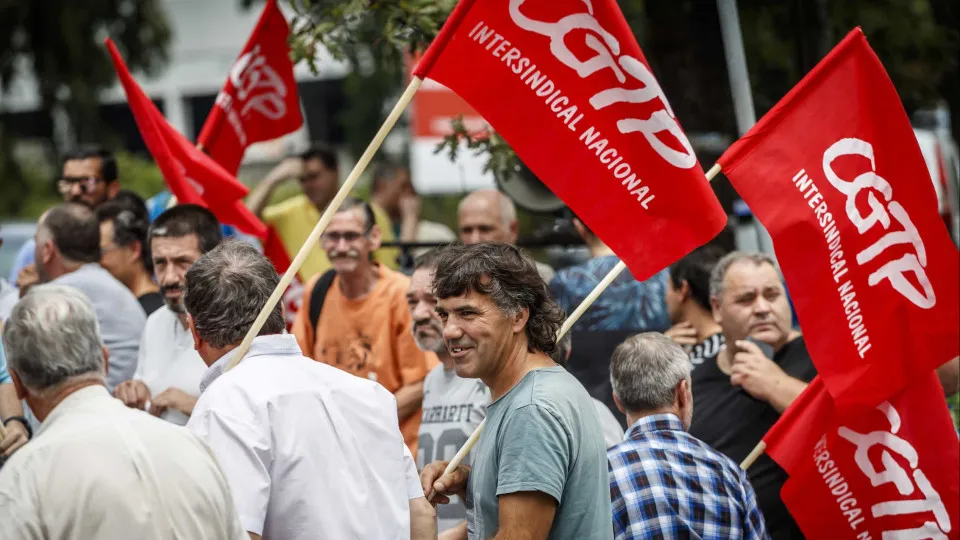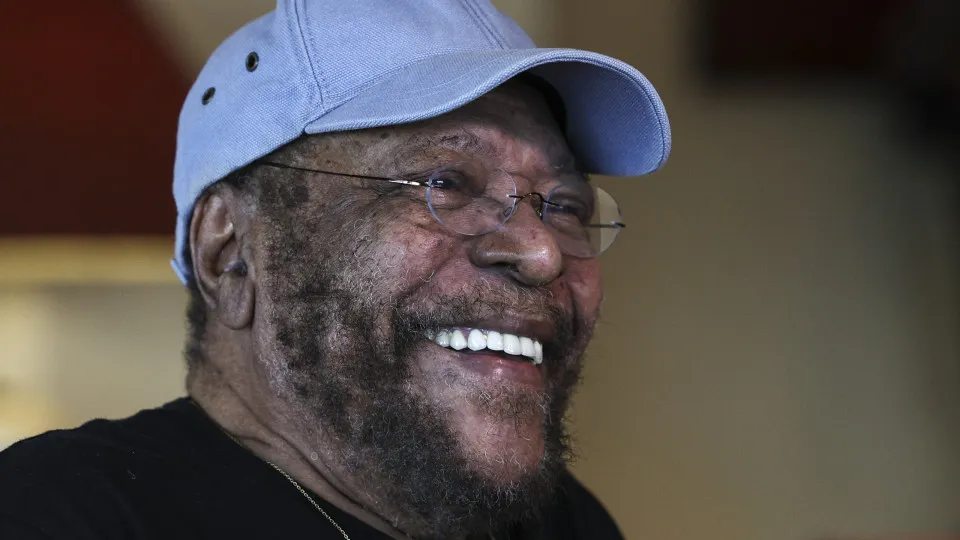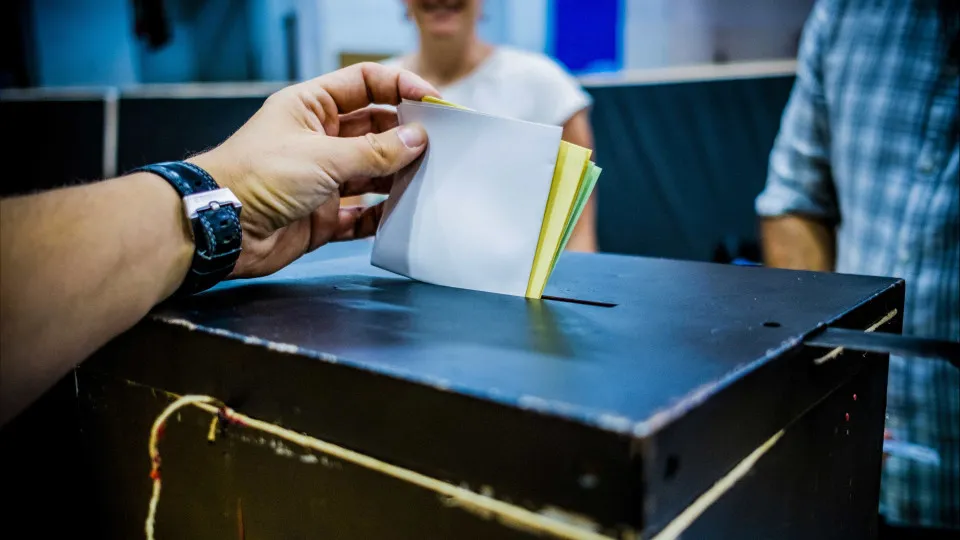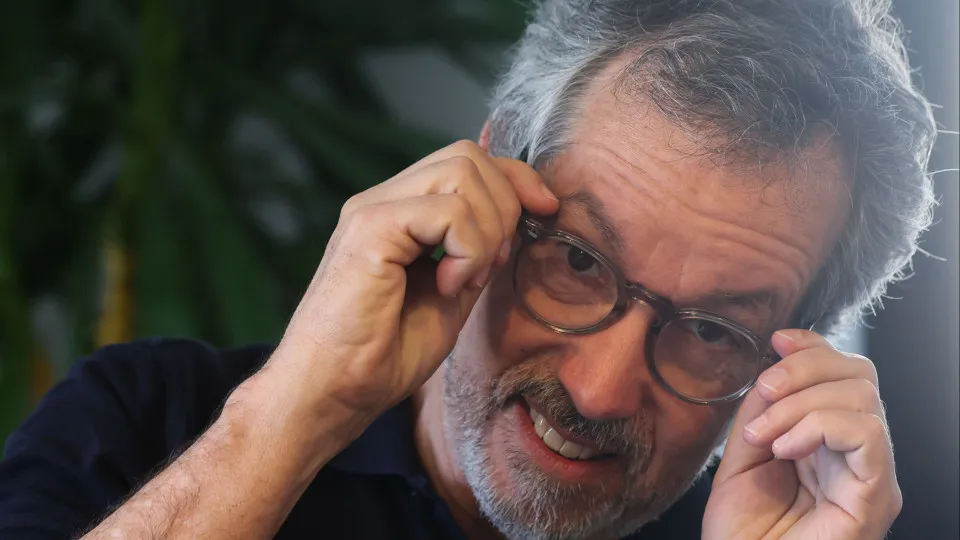
Brazilian author Bernardo Carvalho delves into the instability of memory, moral ambiguity, and human contradictions in his new book, steering away from identity narratives and ideological discourses. According to him, a book should not mirror the reader, confirming what they believe, which he stated in an interview during a visit to Lisbon.
His novel ‘Os substitutos,’ released in 2023 and published in Portugal this month by Companhia das Letras, centers on an unstable father who blends love and violence, power and fragility in his relationship with his son, demonstrating the absence of absolute ‘good’ or ‘bad’.
Set during Brazil’s military dictatorship, the story follows a timber salesman with shadowy military connections as he embarks on a journey in a light aircraft over the Amazon rainforest with his eleven-year-old son, who struggles to grasp what he witnesses.
While the novel engages with Brazil’s history, addressing deforestation in the Amazon, timber trafficking, military corruption, and indigenous killings, its core narrative revolves around the father-son relationship, with the country’s trajectory as a backdrop.
Carvalho revisited the father and son characters from his previous novel, ‘Nove Noites,’ to deepen their relationship, creating a role reversal where the son assumes authority due to the father’s irresponsibility.
The author links this family dynamic to recent political contexts, highlighting Bolsonaro’s rise and the post-truth era as phenomena characterized by the subversion of meanings, where “the father, symbol of law, comes to represent crime”.
“It’s a new era of reversed concepts, where far-right ideologies flourish. Defending democracy actually defends fascism; Trump’s advocacy for freedom of expression, paradoxically, supports censorship. It became a quagmire of meanings, and I felt tormented by it,” he explained.
Carvalho’s desire to write about the father and son led him to step back from the present, described as a “quagmire,” to explore the dictatorship era as a lens to address the post-truth world and these inversions of meaning.
“The origin of this lies with figures like Bolsonaro, who represent authority yet embody crime. This gross fascist aspect had a significant impact on me. It’s the notion of authority but irresponsibly representing crime,” he stated.
Using this concept, he crafted a relationship where the father, typically embodying law and authority, instead symbolizes crime and irresponsibility, requiring the son to step into the parental role.
During the flights, the boy immerses himself in reading a sci-fi novel titled ‘Os substitutos’ about a group of brilliant but memoryless children traveling through space in search of a habitable planet after Earth’s viability ends.
The two narratives unfold concurrently as the boy reads aloud to his father, drawing an evident parallel between the future planet and the Amazon, symbolizing substitution, both in the landscape and the father-son dynamic.
The novel develops through various permutations of substitution, with roles and meanings shifting chapter by chapter, centered on the ambiguous interplay of affection and violence in the father-son relationship.
“Nobody is pure crime,” stated Bernardo Carvalho, referencing a line from the novel to illustrate that literature’s intrigue lies in characters not being wholly defined.
For the author, a political issue today is linked to internet-induced parallel worlds where dealing with the real, with opposition, becomes intolerable.
“The internet claims to offer a window to the world, yet it acts as a mirror reflecting the world as desired. This phenomenon affects literature and news consumers who now only read what confirms their beliefs,” he noted.
Carvalho values contradiction and complexity, affirming that things, like people, are multifaceted and situations possess two sides or interpretations.
Memory also plays a vital role in the story, as the protagonist recalls “what is rememberable,” demonstrating how memory is “not a reproduction of the past, nor reality”; it’s unstable, fragmented, constructed with blind spots and distortions, “edited and selective”.
“This has implications for reparation, not to discredit victims’ testimony, which is crucial. The complexity relates to human desires—we are highly ambiguous and mutable, without absolute definitions,” he reflected, arguing the truth is never black and white, presenting a challenge to moral simplicity.
In this context, fiction becomes an experimental and reflective field, a pathway to truth through complexity and ambiguity, free of value judgments, granting the reader that freedom.
“It’s the freest space, difficult in a world filled with rules dictating what can or cannot be said. This is detrimental to literature, which should offer absolute freedom to explore radioactive or ambiguous topics, challenging to express directly,” he asserted.
The Amazon is more than a mere setting in the novel; it becomes a symbolic character linked to colonization, destruction, and historical memory. While previously deemed virgin land, archaeological studies reveal civilizations existed there over ten thousand years ago.
Carvalho warns that destruction of the Amazon means losing self-discovery, past, and collective memory.
“Sometimes, with the last individual, an entire world perishes; yet if it ends, multiple worlds are lost.” he lamented.

